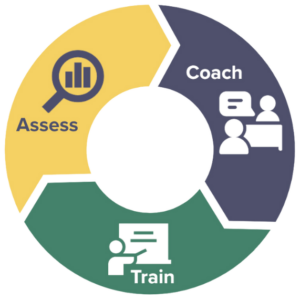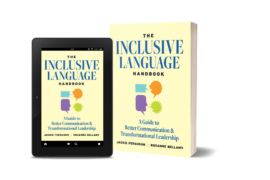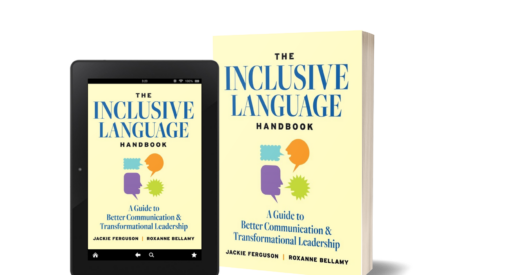Solutions & Services
Providing Support in These Key Areas
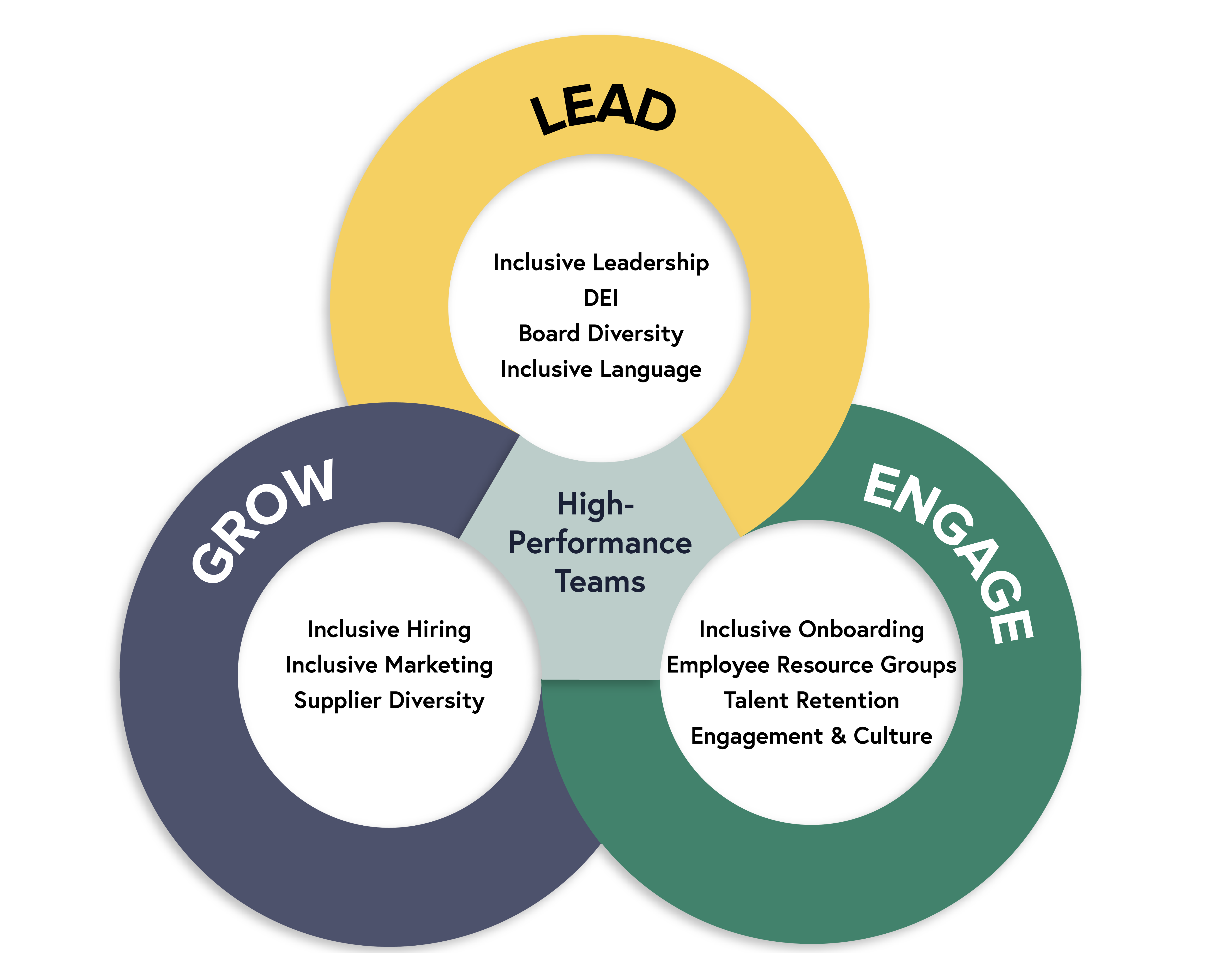
Why TDM?
Our Approach
Our technology-enabled approach is as dynamic and multifaceted as you are. From assessing current practices to coaching your teams and providing transformative training, we're with you at every step of your journey.
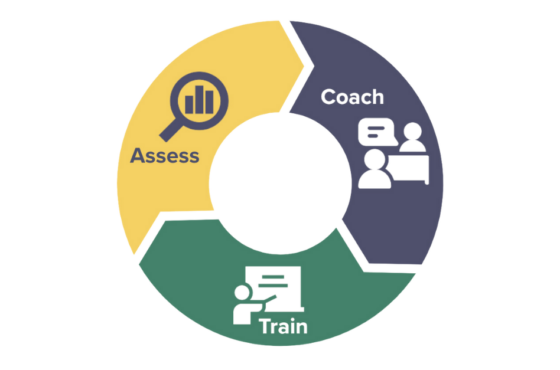
Our Expertise
Our team includes Certified Diversity Executives, award-winning business strategists, leadership coaches, PhDs, and educators. Our common goal? Helping leaders achieve transformative change that is tied to business goals.

Our Impact
We’re the trusted partner for organizations with proven success driving transformation and building stronger cultures in healthcare, technology, financial services, construction, real estate, and more.
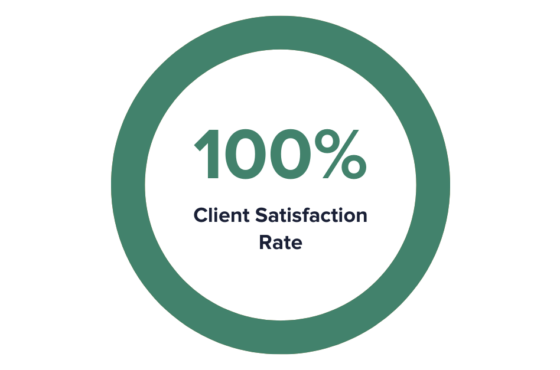
Trusted By Hundreds of Organizations Globally
Featured Resources
Take the Next Step
Leaders turn to TDM for results – partnering on a difficult journey that demands expert guidance. We’ve helped thousands of leaders like you walk this road before. Your journey, our expertise – let’s create a world-class inclusive culture together.



